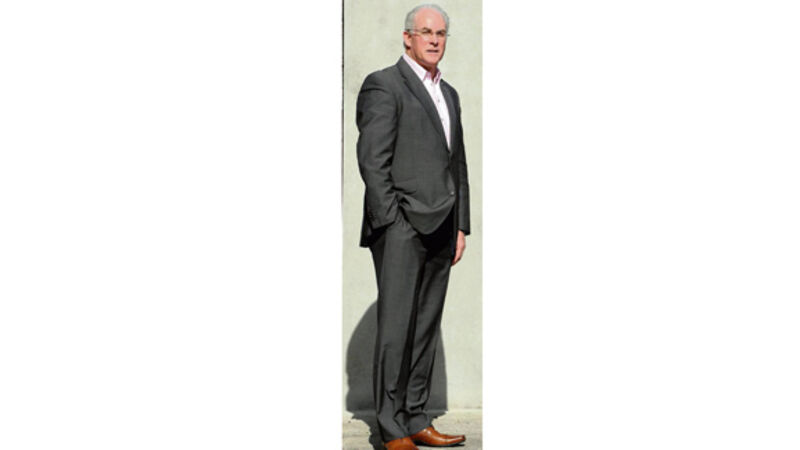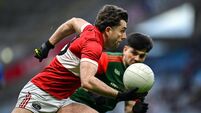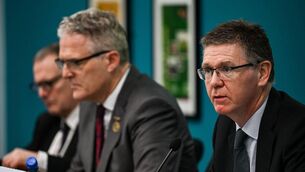Interview: Seán Walsh, former Kerry and Munster chairman

I have been an administrator for a long number of years at county, provincial and national levels. That’s the experience I have. People will automatically think football because the chairman of the referees committee is from Kerry, but this is an administrative role.













